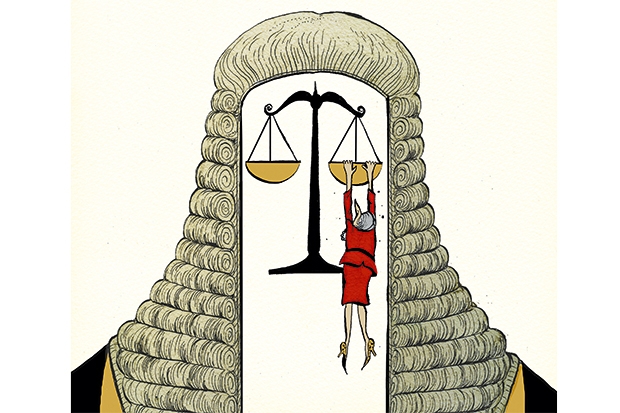It’s day three of the Supreme Court’s landmark case on the triggering of Article 50. Here’s how the day unfolded:
4.15pm: The Supreme Court hearing has now finished for the day. The Lord Advocate, Lord Wolffe has been putting forward the Scottish Government’s case. So far, he has told the court that using prerogative powers to trigger Article 50 would be an ‘unconstitutional’ step. But he makes it clear that the Scottish Parliament does not have the power to veto Brexit. You can read the Scottish Government’s full submission to the Supreme Court here.
3.30pm: Ronan Lavery now takes up the argument on behalf of Northern Ireland. Lavery warns that Brexit could cause problems for the country’s constitutional settlement, and adds that it would ‘be very disturbing for the people of Northern Ireland’ if the Good Friday Agreement was not ‘binding to some extent and did not have a constitutional status’.
3pm: Northern Ireland QC David Scoffield has been putting forward another argument against the Government’s appeal. He has said that the country’s devolution settlement, which was agreed in 1998, is ‘not neutral’ on whether Northern Ireland is a part of the EU. Scoffield went on to accuse the Government of being ‘cavalier’ – ‘with a big ‘C’ and a small ‘c” – over the triggering of Article 50.
2.30pm: Chambers concludes his statement with a brief summary of his argument: that in the absence of any clear authorisation from Parliament, the Government should not be able to trigger Article 50. He calls on the judges to dismiss the Government’s appeal.
1pm: Dominic Chambers QC is now spelling out his argument, which follows a similar pattern to Pannick’s. He suggests that the Government’s appeal ‘turns the doctrine of Parliamentary sovereignty on its head’ and goes on to say that ministers are looking through the ‘wrong end of the telescope’ by assuming that Parliament’s silence on Article 50 means that prerogative power should prevail.
Midday: Lord Pannick concludes his case to the Supreme Court. He tells the judges that ‘only an Act of Parliament’ could give power to Article 50.
11.30am: There’s no doubt about the political significance of the 2015 Referendum Act, says Lord Pannick. But he says the Act says nothing which supports the Government’s argument: that ministers, rather than Parliament, should be allowed to notify of Article 50. Pannick goes on to say that the 2015 act is ‘entirely neutral’ on the issue before the court; and he argues that it would be ‘wrong’ for the court to ‘infer a radical change of position by reason of an act which says nothing on the subject’.
11am: Pannick opens his argument by saying there are many laws – such as his example, the Communications Act – which contain provisions which assume Britain is a member of the EU. He goes on to say there are hundreds more such acts with sections which ‘make no sense if we are not a member of the EU’. Pannick says that he is making a ‘simple point’ to the court: that the Government can’t kick start the process of triggering Article 50 without Parliament dealing with this and addressing a ‘problem that will inevitably arise’.







Comments